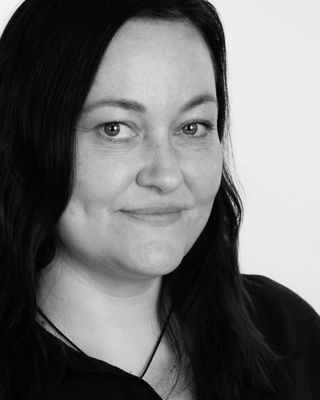Holiday season is upon us. With it comes party invitations, family gatherings and plenty of eating and drinking. But, not everyone is able to enjoy the prospect of it all.
You normally love socialising with friends, you enjoy swimming and playing sports. But maybe you've not done it in a long time, because of the fear of being judged, the humiliation, feeling uncomfortable, comparing yourself to the 'perfect' bodies of your friends; it's just too painful to face. And so, you stay at home.
And you justify this to yourself every time. I wasn't feeling well, something else came up, I didn't want to go in the first place, nothing fits me, looks good on me...
Of course, sometimes it is OK and needed! to cancel and prioritise what's best for you.
But if you regularly find yourself dreading a party because you don't like the way you look and you end up canceling at the last minute, it could be a sign of a bigger issue.
And why should everyone else have fun, while you hide away and limit yourself to wearing oversized hoodies all year round? You also deserve to have fun and enjoy wearing whatever you like!
It's not always possible to cancel invitations to family gatherings, and part of you wants to see your loved ones.
The thought of being judged for how much or how little you eat, the auntie you don't see often observing how much weight you've put on and little nephews laughing and pointing while singing who ate all the pies makes you wish the earth swallowed you up. I get it.
The answer is to accept yourself as you are, love yourself as a whole person with so much more to offer and work on what triggers and hurts you the most.
But before you do that, I see you. I see you reaching out for a packet of biscuits and not stopping at two or six. I see you feeling worthless, uncomfortable, unhappy, angry, reckless or feeling any other emotion that is way too painful to feel. This could be a sign you're an emotional eater.
Identifying emotional eating
So many of us use food as a comfort. It's possible it has been used as a reward since we were small children.
Ask yourself these questions to see if you're an emotional eater:
- Do you eat more when stressed?
- Do you eat when you're not hungry?
- Do you use food to calm yourself or when you feel bored or anxious?
- Do you overeat?
- Do you use food as a reward?
- Do you eat if life gets out of control?
- Do you eat because food makes you feel safe, comforted?

